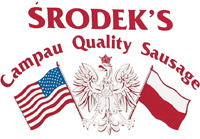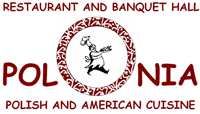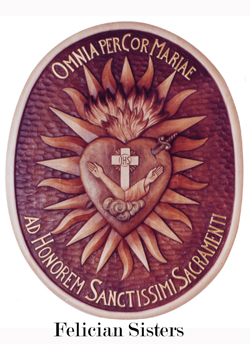|
‘BIG DADDY’ MARSHALL LACKOWSKI, APRIL 30, 2007
The town is called Parisville, but it might as well be ‘Warsawville’. Notable as one of the first Polish American settlements in the United States, it’s traditionally been a farming community.
That’s the birthplace of Marshall ‘Big Daddy’ Lackowski, a name which has come to symbolize polka music in Michigan. How he made the transition from cash crop farming to music is a fascinating tale that weaves between open fields of Michigan’s thumb and the Orchard Lake seminary—one that we were fortunate enough to capture in Lackowski’s comfortable Washington Township home. “We grew up like the Amish in many ways, without central heating, plumbing or electricity.”
First the name. “Big Daddy,” he laughs, “comes from my time at the seminary. I was seven years older than the other students there; I was in my mid-twenties at the time. They started referring to me as ‘Big Daddy’ and the name stuck. To tell you the truth, I really like it.”
His decision to leave the seminary was due to many factors, one of which is his having met his wife of thirty-six years, Mary Ann. Originally hired as a singer for Lackowski’s band, and later graduating to drummer, Mary Ann and Big Daddy were married in 1971, and today show off photos of nine grandchildren—with two more on the way. Mary Ann has ‘retired’ from her musical career, making room for three of their children to round of the band, called the La Dee Dahs after Lackowski’s most memorable composition.
“I wrote La Dee Dah in about fifteen minutes at the seminary, and it’s proven to have a shelf life to this day. It’s the single most requested tune I do.”
Known and respected as an accordionist, Big Daddy followed his older brothers into a band as a young man. He speaks eloquently about the power that accordion music has had on his life: “Other musicians may have a ‘feel’ for certain sounds of certain instruments. For me, it has always been the accordion.”
He’s equally straightforward when discussing polka music, which he maintains isn’t Polish at all. “When I was talking to accordion players in Poland and requested a polka, the reply was universal: that’s German music. There was still a lot of resentment over the war, and obviously they didn’t want to play German music.”
But Lackowski sees polka music as a healing force, maybe not authentically Polish, but certainly close to the hearts of most Polish Americans. He displays both patriotism to the United States as well as to the land of his ancestors every time he plays a tune.
|







